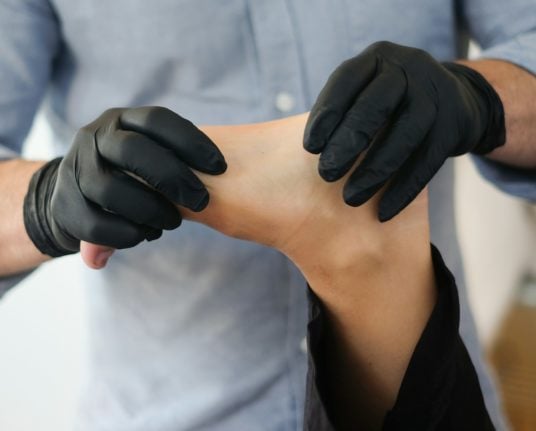In Austria Apotheken (pharmacies) are the only places in which you can purchase painkillers and decongestants. Ostensibly in the public interest, but it’s also a lucrative moneymaker for the businesses. This monopoly on the sale of certain pharmaceutical drugs is a subject frequently debated and is of much consternation for overseas arrivals.
READ MORE: Why are painkillers only sold in pharmacies in Austria?
However, many Apotheken can close as early as six pm, especially if you live outside a major city centre. If you’re suffering from a cold or a nasty headache, it can seem like an eternity until they reopen.
Fortunately, there is relief. Emergency situations will always arise, and pharmacies often band together to provide service at nights, over weekends and on public holidays.
This is done on a rota basis, so your local Apotheke may not be open, there will be a Apotheken-Notdienst (Emergency-service pharmacy) within a 5 – 10km range.
Often, Apotheken will have a sign or screen out the front that gives the address and opening times for Apotheken-Notdienst in the area, updated frequently.
A number of websites also exist that can give you the location of operating Apotheken-Notdienst across Austria, such as APO24.at. Entering your PLZ (or postcode) will list the nearest to you.
However, if they don’t have online access, dialling 1455 while put you in touch with a service who can either direct you to the Apotheken-Notdienst on duty, or help you in getting you further assistance.
If all else fails, your local hospital should have a Notfall-Praxis – ostensibly an emergency doctor service out of hours. If you’re prepared to wait, you will be able to see a doctor, and they can either dispense medication, or direct you to the hospital pharmacy with a prescription.
Before you go, it’s worth brushing up on your vocabulary. The Local has developed a list of vocabulary and phrases that you can use to describe your symptoms to pharmacists and doctors, to help them prescribe the best possible medication.
READ MORE: Colds and flu: What to say if you get sick in Austria




 Please whitelist us to continue reading.
Please whitelist us to continue reading.
Member comments